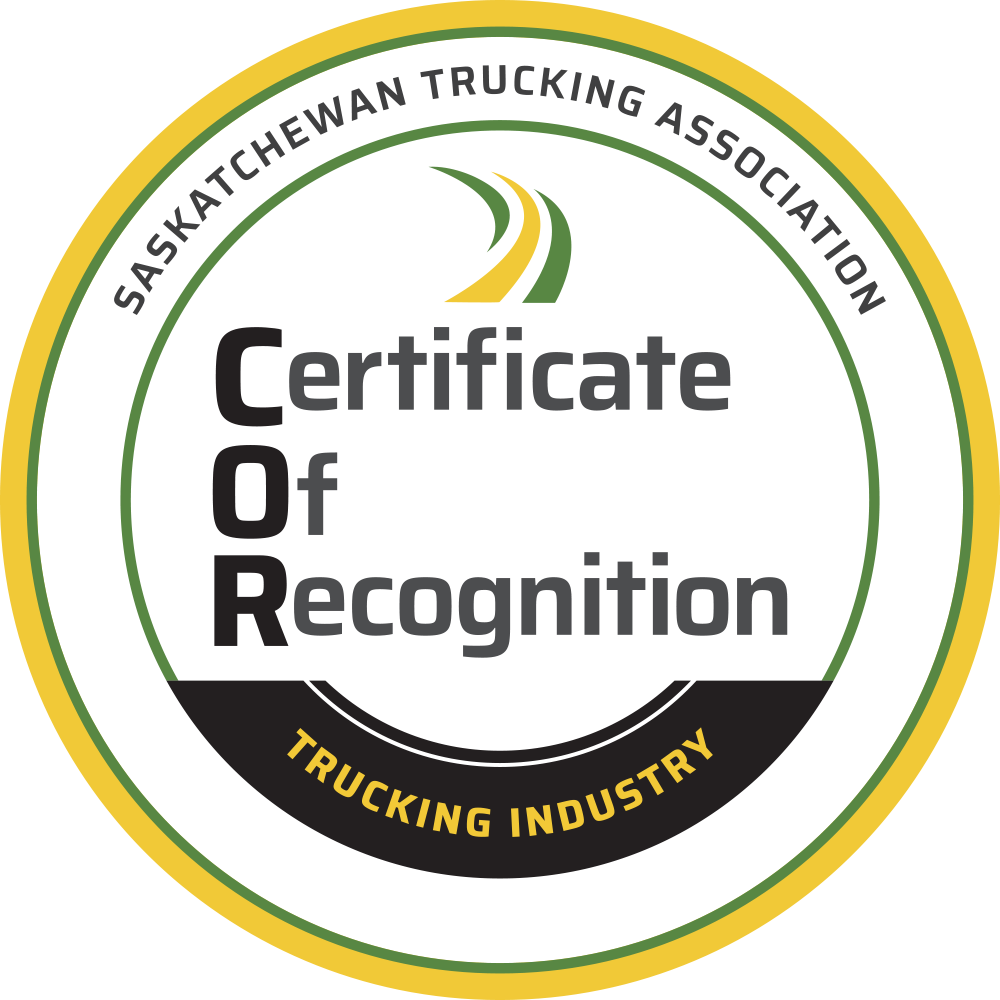
Domestic Vaccine Mandate Could Fracture Supply Chain
December 13, 2021
The government of Canada’s decision to mandate the COVID-19 vaccine for domestic federally regulated workers in the trucking industry – including many truck drivers who have been delivering products to Canadians throughout the pandemic – would put an even bigger strain on an already beleaguered supply chain, says the Canadian Trucking Alliance (CTA).
STA Executive Director, Susan Ewart on COVID-19 Vaccine Mandate
The announcement comes after Canada and the U.S. released plans last month to mandate vaccines for truck drivers crossing the border.
CTA is calling on Ottawa, Washington, and all members of the supply chain to meet and discuss the impacts of such implementing these mandates in early 2022 and consider a more suitable policy approach and timeline to protect the health and welfare of the Canadian supply chains and the economy.
The Canadian public is taking notice and has begun to feel the impact of supply chain challenges on their lives at home and at work. A Nanos Research poll commissioned by CTA in November found that an overwhelming majority of Canadians – 83 percent – have concern about the supply chain fragility and feel that it’s becoming harder to get goods. In Western Canada (the Prairies, in particular), this unease was expressed by almost 90 percent.
The growing worry among the Canadian public are not unfounded. The current challenges faced by the supply chain, which include an acute and growing truck driver shortage, will worsen significantly if the Government of Canada moves ahead to mandate a vaccine policy for the trucking industry in early 2022.
The Government of Canada had exempted the trucking industry from the current mandate on federally regulated sectors, because, CTA believes, of the severe disruption it would cause a fragile supply chain that is already 18,000 truck drivers short as well as the extremely low COVID-19 cases and transmission rates among truck drivers throughout the pandemic.
Combined with the cross-border vaccine mandate announced last month, CTA estimates that, by the time the domestic vaccine mandate also takes effect, between 15,000 and 30,000 Canadian truck drivers would immediately exit the supply chain or choose to work for Driver Inc, companies – a growing subset of carriers operating in the underground economy, who sidestep safety, labour and environmental rules and who routinely misclassify employee truck drivers as contractors to avoid tax and labour obligations, like the proposed vaccine mandate. Although the compliant majority of the trucking and governments industry have worked hard to identify and stamp some of these unscrupulous carriers, CTA is concerned that a domestic vaccine mandate could fuel their growth in the market.
Consequently, all sectors of the economy, which are currently experiencing some form of supply chain disruption, would find even less transportation service providers. Some smaller businesses in certain parts of the country where capacity is already scarce might not be able to access any drivers at all to carry and deliver their freight, adds CTA.
With 10 to 20 percent drivers in certain sectors and regions leaving the industry, some trucking companies will have no choice but to prioritize customers based on size, frequency of shipping, driver treatment, and difficulty of freight handling. While all sectors of the economy will be affected, companies located in rural/agricultural sectors are expected to feel the biggest impact. Sectors that are not at full capacity, like various manufacturing facilities, could also face challenges securing truck capacity to match increased output.
“The decision by the Government of Canada to extend their COVID-19 vaccine mandate to the domestic federally regulated trucking industry will have debilitating consequences on an already fragile supply chain says STA Executive Director, Susan Ewart. Saskatchewan’s landlocked economy would be impacted unlike any other in Canada based off our essential need for trucks to move Saskatchewan’s imports and exports.”
“This is not a trucking issue at all. This is a supply chain issue that can have severe ripple effects throughout the entire North American economy,” says CTA president Stephen Laskowski. “It hasn’t been easy, but the Canadian trucking industry has continued to move the economy through the global pandemic as efficiently as possible despite continuous challenges and obstacles. We have done that by working with governments and health care experts to implement health and safety protocols that keep our workforce safe while also ensuring factories keep operating and store shelves remain full.”
CTA looks forward to lending its voice toward finding solutions to this issue with all governments involved.
Do you need a solution to reduce your work place injuries & illnesses?
Trucking Industry Certificate of Recognition
Are you looking to provide your employees with new skills? Is having a safe and employee-friendly workplace part of your company culture? The Trucking Industry Certificate of Recognition (CoR) is an industry-evaluated health & safety program recognized by the WCB and Work Safe Saskatchewan.
Categories | COVID-19
Tags | Business Operations, Compliance, Driver Shortage, Driving the Economy, News Releases, Supply Chain



